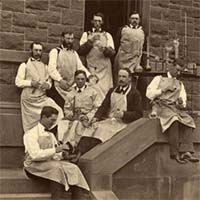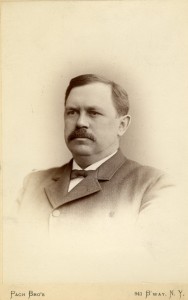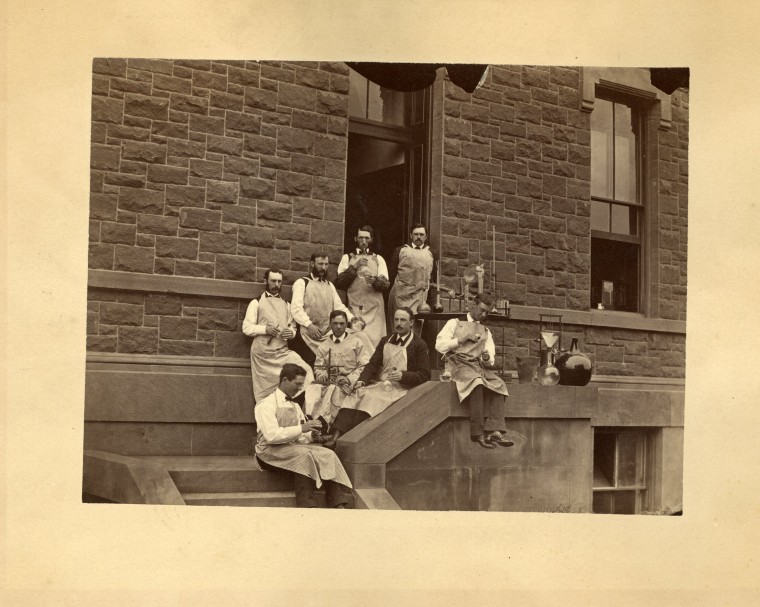Washington Post Reports on Atwater’s Contributions to U.S. Dietary Guidelines


On the release of the U.S. Department of Agriculture’s latest dietary guidelines, The Washington Post looks back at the man responsible for starting it all: William Olin Atwater, Class of 1865 and later a chemistry professor at Wesleyan, who authored the very first dietary guidelines in 1894.
According to the Post, at that time, the U.S. government provided basically no funding into nutritional research, and good nutrition meant simply getting enough to eat.
But Atwater was a firm believer that nutrition was about more than simply staving off hunger. He framed the effort to figure out what foods are good for you as a moral imperative.
“The intellectual and moral condition and progress of men and women is largely regulated by their plane of living,” he wrote, and “the plane of their intellectual and moral life depends upon how they are housed and clothed and fed.”
In 1894, Atwater got his wish. Congress approved $10,000 in funding for nutrition investigations, and Atwater published the first ever federal dietary guidelines in the Department of Agriculture’s “farmers bulletin.”
In 32 pages, Atwater meandered through an examination of the various types of nutrients, how they are used in the body (at least, as far as 19th century scientists understood them), how Americans were eating them compared with how they ought to be, and their impact on health, which a few detours to discuss, say, the practices of ancient blacksmiths or a method for cooking rice (Atwater was, apparently, a man of many interests). He also took a look at foods’ nutritional value compared to their cost to determine which ones were most worthwhile.
In some ways, his conclusions weren’t too different from modern dietary guidelines. Americans should eat less sugar and fewer fats; well-to-do men with physically undemanding jobs (women were nowhere to be found in Atwater’s report) should eat fewer calories, workers who do hard manual labor should eat more. Everyone should avoid eating in excess of their needs, a problem that Atwater describes as not just unhealthy but also wasteful and “evil” (the modern USDA probably wouldn’t phrase that last one in quite such stark terms).
On the other hand, some of Atwater’s recommendations — his abiding admiration for milk, his general dismissiveness toward fruits and vegetables — would be unrecognizable to modern eaters.
Atwater’s voluminous personal papers—which include correspondence, articles, research materials, and notes—and two collections of family papers related to him and members of his family—among them, his daughter Helen, a prominent home economist—are available for research in Special Collections & Archives, Olin Library.


